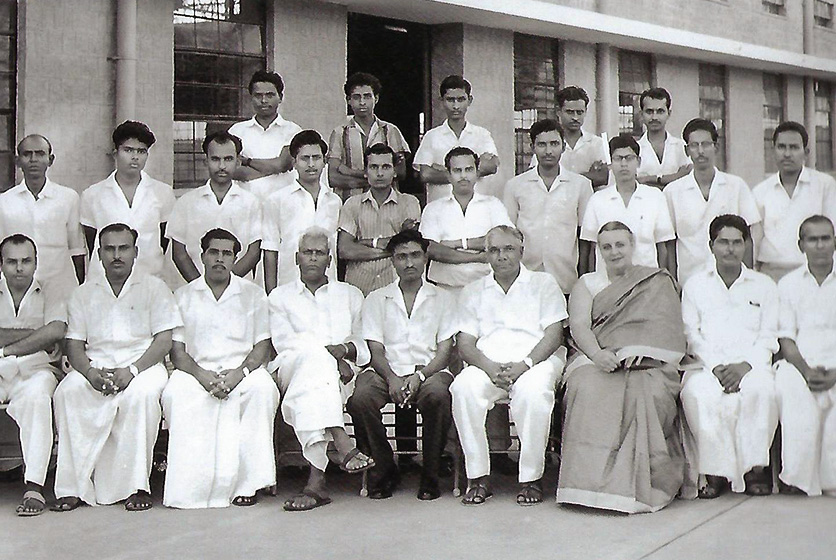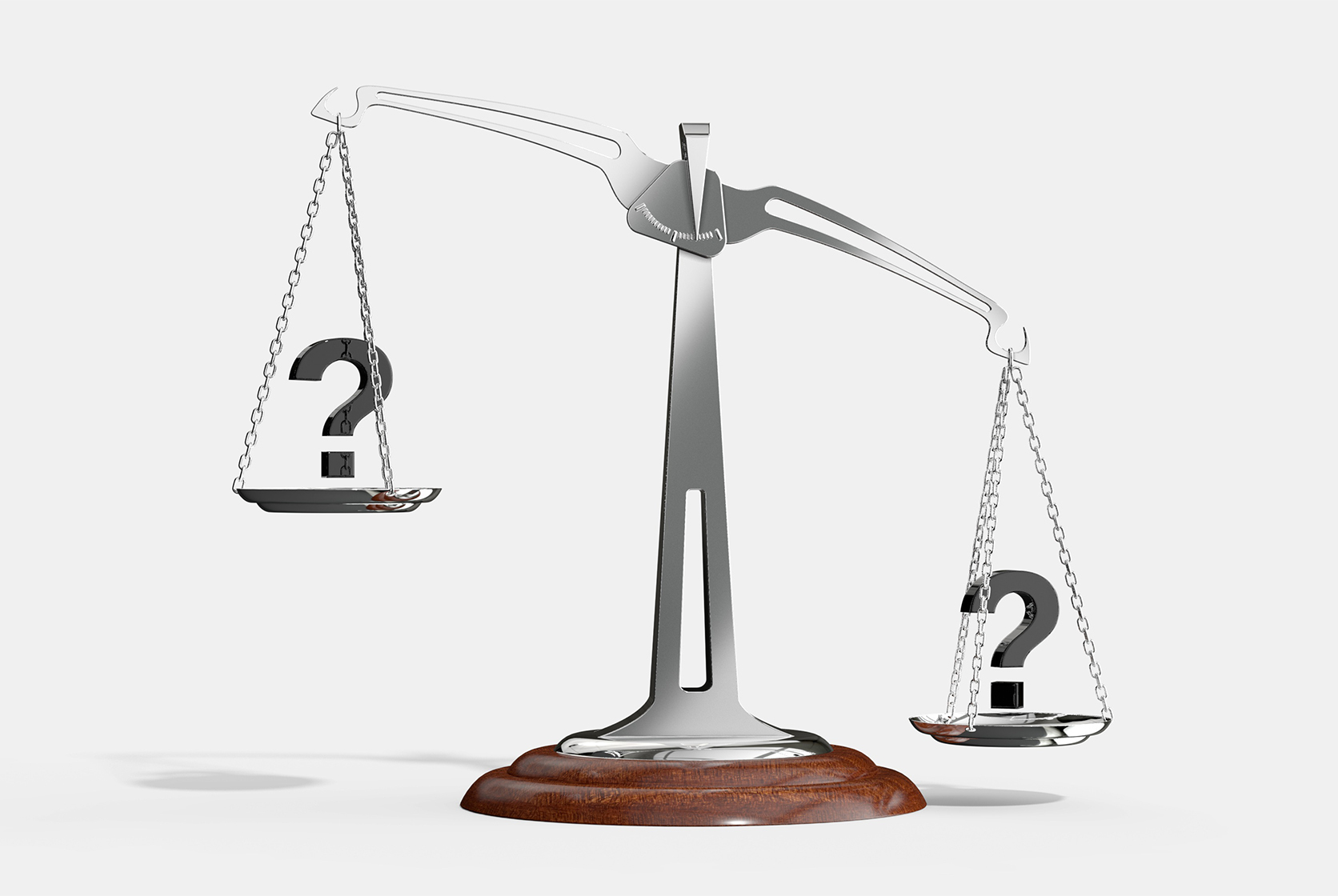Founders and Company Culture
All of us know that a company’s culture is defined by a very specific set of values, belief systems, and ethics. The tangible, measurable, visible manifestations of company culture can be seen in:
-
The work environment of a company
-
Monetary, and other benefits offered to employees
-
Career progression
-
Training programmes / other learning opportunities
-
Rewards and recognition systems and
-
Systematic surveys of employee well-being
These visible results of corporate culture are good indicators of all the facets that go into the making of a company’s values and culture. These core values are also set by the founders of companies, in most cases. Founder-led culture is important to a lot of companies, including ours. And even when we evolve and adapt to changing times, we do so with our feet firmly planted in a bedrock of corporate culture.
It is rather interesting to delve into how founders create not just businesses but also the culture and value systems of those businesses.
Founders and Culture
Founders have a unique, once in a lifetime opportunity to define their organisation’s culture. Not only do they have the flexibility to decide which value / belief is important but also set the framework for the implementation of these values by:
-
Hiring their first employee(s) and training them
-
Drafting the mission, and vision statement of the company
-
Course correcting to ensure that everybody is on board with the value system
-
Figuring out how to make those values / culture last for the company’s lifetime
And therefore, it becomes important for the founder to develop, foster, and set the expectations of a dynamic, sustained, and authentic culture. And sometimes, it can be a profoundly simple goal that sets the culture of a company.
For instance, for Mr.R.Ramaswamy, the founder of the Texmo Group, the company’s culture needed to support a remarkably straightforward need: support farmers with top-notch, affordable pumps.

Dynamic, yet steady
Every founder knows that company culture must strike a balance between staying steady and changing with the times in a meaningful manner. It’s not a one-and-done deal. Company culture also needs to be cultivated with formal / written documents, and soft / intangible methods. An interesting way to look at this would be the answer to the question, “What does an employee do when no one’s watching?”
Molly Graham, former Culture Manager of Facebook, wrote a great post on culture and she says that companies are built in the image of their founders. 80% of a company’s culture is likely to be defined by its founders / core leaders.
Timelessness of culture
Even as we link company culture inexorably to its founder, it is also pertinent to state that culture must stay on forever, endure as a compass, and a guidance system for all future employees. Management practices, policies, processes, and so much more must reinforce the culture that has been set. Collective learning is one of the strongest modes of propagation through time.
Perhaps culture can be protected, nourished, and sustained when founders do not impose their personalities on the same, but lead by example, and ‘impose’ only their sense of service to the community, and purpose.



